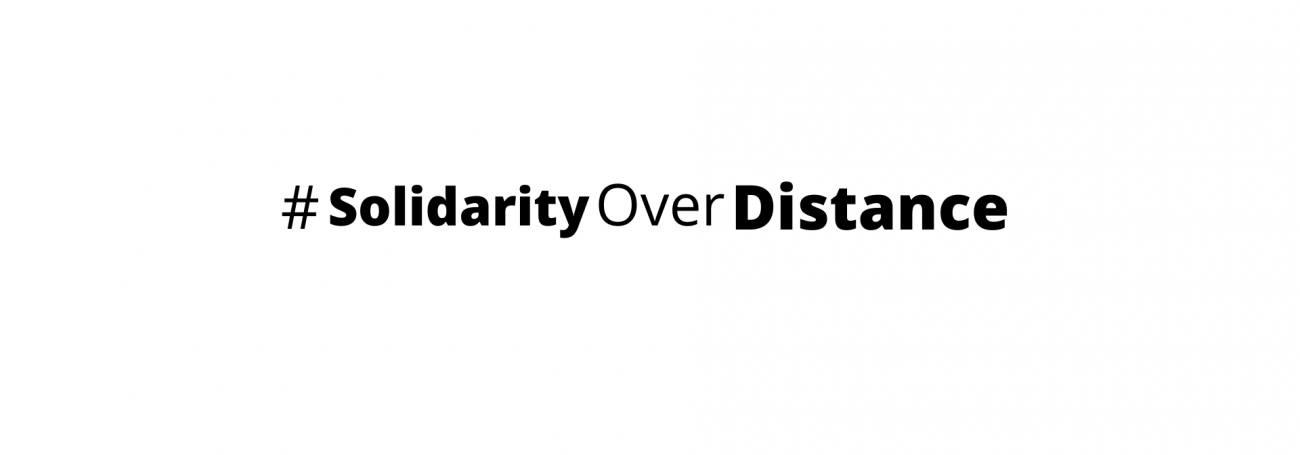

Reflections of Anouk Van de Sande
The current crisis affects people significantly who are starting something new in their lives, and may complicate this process. After three years of work with unaccompanied minor refugees Anouk Van de Sande is currently doing an internship at the Antwerp office of the Flemish mediation service, Moderator. This is supposed to be concluding component of her Social Work Programme at the Karel de Grote University College, where she is specialising in Social Juridical Services. The ongoing isolation and restrictions on live encounters meant an unexpected turn for her internship. The completion of her studies became unclear for the moment. With her reflections she is contributing to our #SolidarityOverDistance updates.
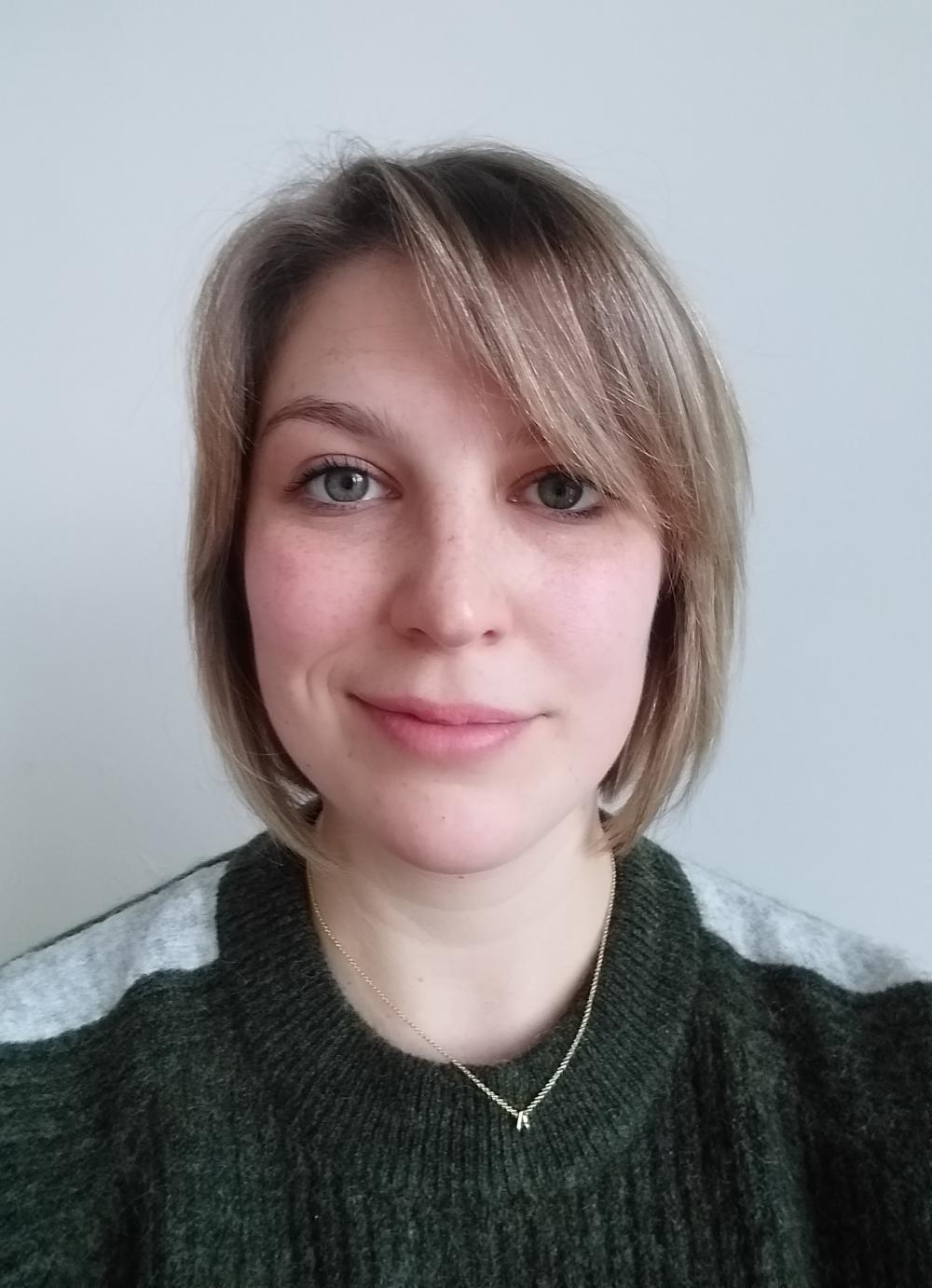
The impact on my internship
The concluding part of my studies is an internship. For me it was clear I had to choose something that was so different from everything I knew. After all, how many opportunities do you get in life to do something entirely different than your current job? I didn’t know Moderator, one of the lecturers suggested the organisation.
Not even five minutes into my research, I knew this was a very interesting option. Yet, I was aware that it was not going to be a walk in the park. I also considered other options. After a long conversation with Nancy from Moderator I knew: this is what I want to do, I want to be able to have this exact conversation, only with me as a coach or mediator. I have not regretted this choice since, even though it is probably one of the hardest things I ever did.
Now my internship is — unofficially — on hold, at least it feels that way sometimes. Since I cannot handle cases individually because of internship policy, I can only try to participate in mediation cases run by the colleagues. From a distance, this is rather a challenge for all parties. Of course, this is interesting and keeps things alive, still it feels like I cannot make myself grow as a mediator in training because I lack in being able to undertake action.
I feel like my agenda is not my own and I have to depend even more on my colleagues. This has to be even more difficult for them. They have to find new ways to do their own work adapting to the situation, and still try to keep me busy in meaningful ways through virtual platforms.
Everybody is trying out new things: phones, Skype, calling through a computer, Zoom, Whereby, Microsoft Teams. It is too soon to tell what works and what doesn’t work. I have tried to follow phone calls through Microsoft Teams but here I am just observing with my microphone and camera switched off. It is not easy because it requires a lot of concentration from everyone to hear properly all parties.
At the moment I have only been able to attend one conversation online because colleagues are still experimenting with the programs. It works, but I feel like I am less a part of the conversation because everybody has to speak in terms, there is less freedom to ‘claim’ my turn. On the other hand, observing is easier than in real life. I could see the mediator and client talking to each other each in their own little screen but I had an overview.
The idea is — when all the technology works and everybody feels comfortable using it — that I will try to lead some of this conversations. This is exciting and terrifying at the same time. The advantage is the we are all new at this, so I am on the same level as the mediators and the clients. My disadvantage is that I don’t have years of experience to fall back on. I think my worst fear is that technology will let us down and constantly interrupt the conversation.
"The advantage is the we are all new at this, so I am on the same level as the mediators and the clients. My disadvantage is that I don’t have years of experience to fall back on."
As to my learning process in itself, I think it is safe to say my colleagues go above and beyond to try to keep it going but it is hard. It asks a lot and we lost all informal moments you have when working together in the same space. Both my colleagues and me need to actively think about getting me involved and get me to work keeping in mind the limitations I have (learning wise, technology wise, internship policy wise) and they have (family situation, time, technology, etc.). So with a heavy heart, and despite all the efforts, I have to conclude learning how to mediate is not working this way. I am not going forward, at best I am standing still.
I think now more than ever the importance of workplace learning is sinking through. It is truly a gift when you can shadow professionals and learn by doing. I realise even more now that technology will never be able to replace communication. Because even though I can see my colleagues and their clients and I can hear them, I never have the full picture, neither the full content.
Despite of that, I do think it is important to jump onto the technology train. What happens now and the impact on our work will not be reversible. There is no going back to before, only a new way with the new technology and the lessons we learned from it. If we don’t try and adapt now, we will have missed it for the future.
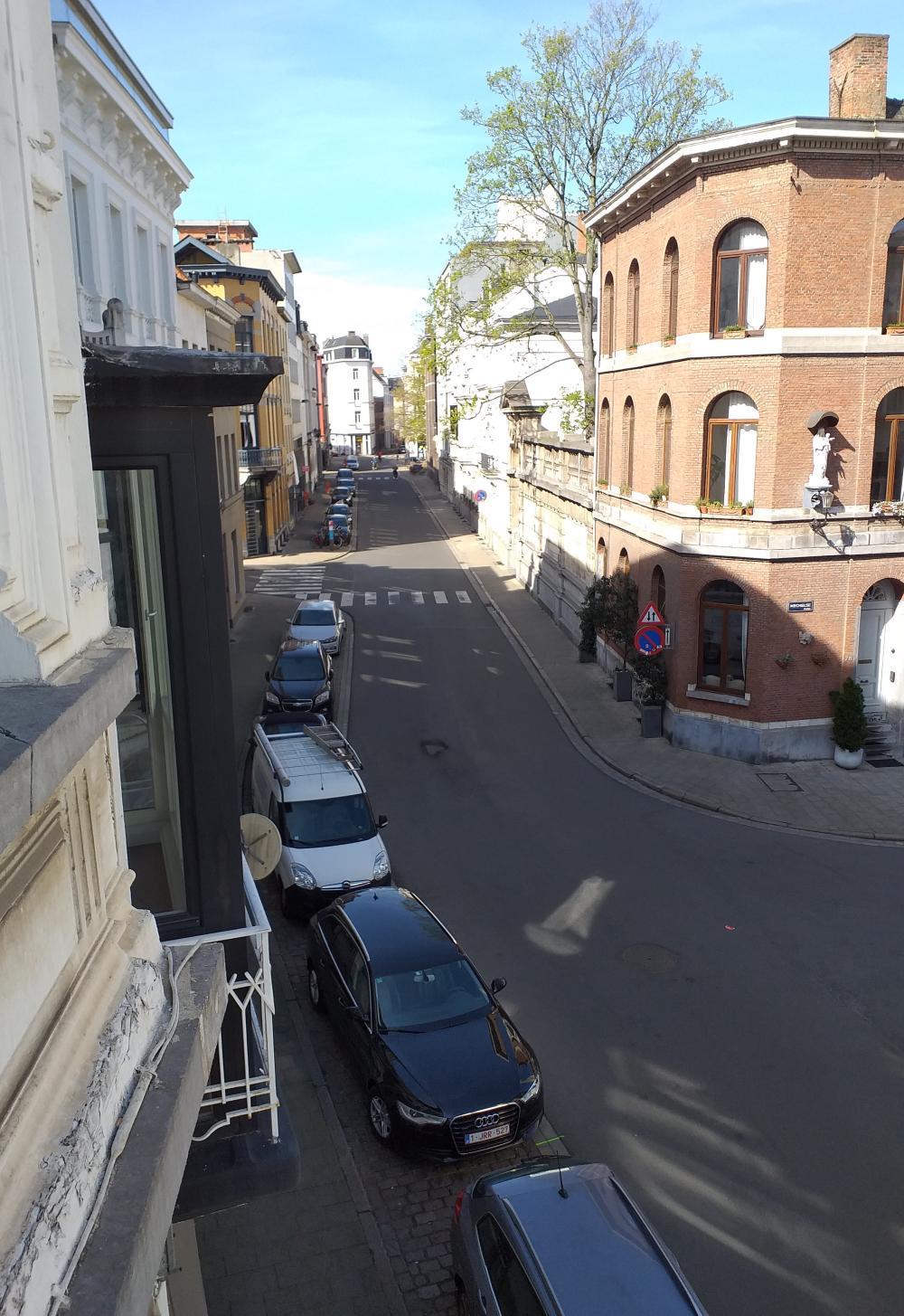
About the impact on the ongoing cases
The usefulness of restorative practices in coping with the crisis is not under discussion here in my opinion, it is more a matter of how far one can take it. Technology offers a lot of different options to use in times like these. I think it is a matter of what you can use and how effective you think it will be. At the moment, I don’t feel like I have enough experience to talk about this. The client themselves should get a voice in this, but it is the mediator’s task to stay alert about the possibilities and its consequences.
In cases where one of the parties is imprisoned, are now completely on hold. We cannot contact them, we cannot visit them, we can only communicate with them through other services or when they call us by phone, this is rather expensive for them. So we try to keep it brief, but mediation and brief conversations are a weird and not very functional match.
I think those who are currently serving a prison sentence are punished twice now. They can’t have visitors, their entire process is on hold and they will even more feel like their life is no longer theirs. Where I can take decisions to protect myself and try to make this a useful time for myself, they are now more than ever surrendered to the graces of the people who have to take care of them. I can only try to imagine how frightful it must be, to be with so many people on such a small place while the rest of the world is obliged to take a meter and a half distance from each other.
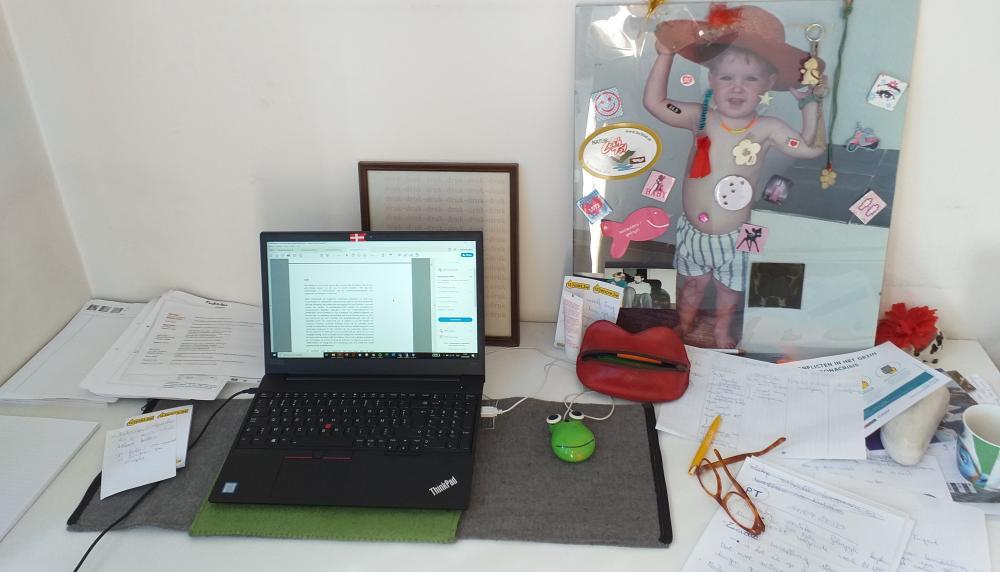
The impact on my plans
Some days I feel like I will be okay, some days I feel like my head is in such a chaos that nothing makes sense anymore. My computer is now my whole life: my school is on there, my internship is on there, my work is on there and so is part of my private life. I love that this is possible but it feels very limiting at the same time. I am behind my computer a lot of hours, I never seem to actually finish anything.
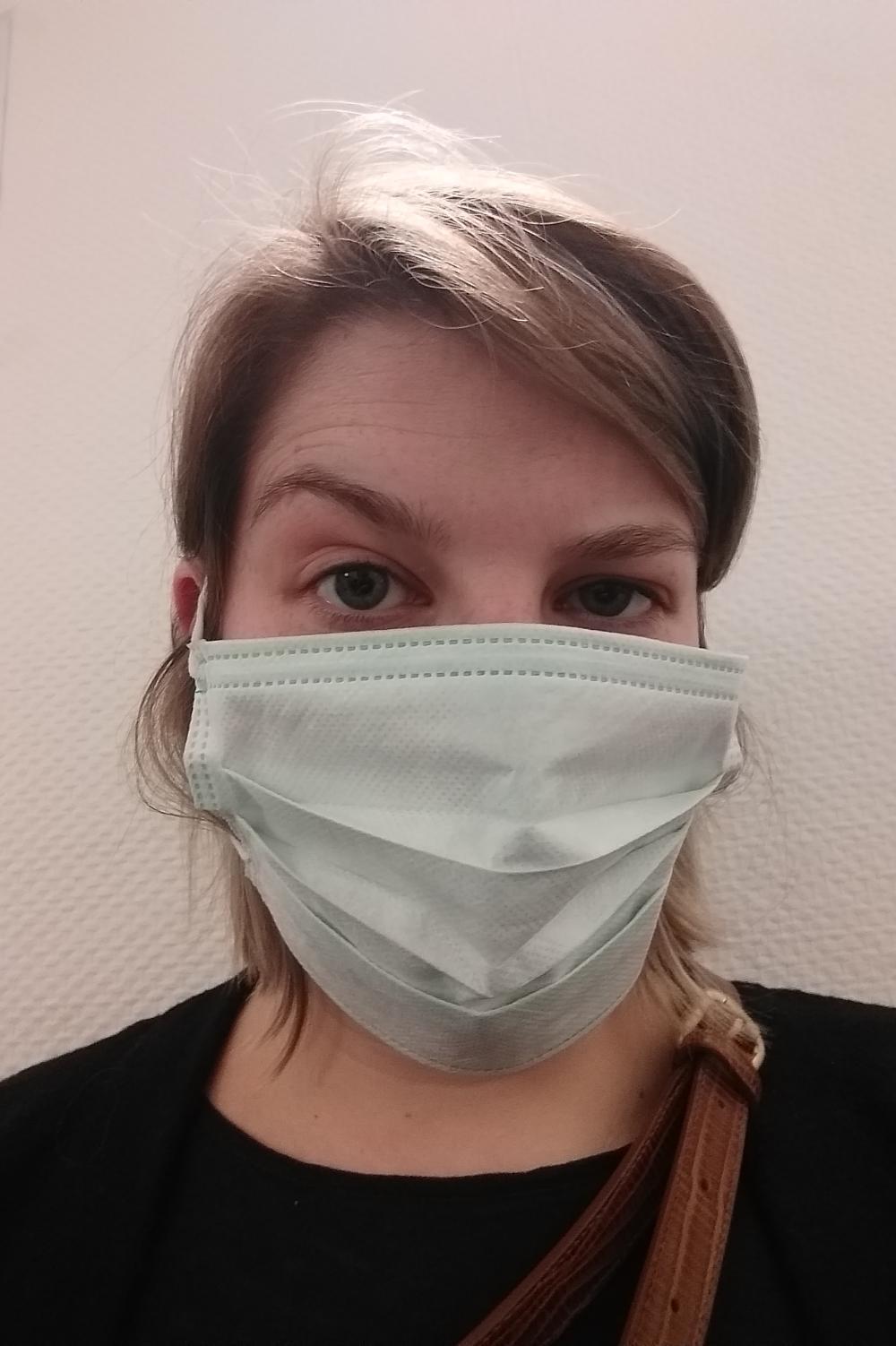
What I do feel is that I have not been alone for one second. We are all in this together and we all find our way to each other. I think my social contacts (professional and private) will only grow tighter because we cannot function as an island and we are all realising that with time. I feel strongly connected to people around me, although I cannot see them.
My future is a little uncertain, not as to what I will be able to do but more as to what I won’t be able to do. Normally, the plan before corona times was that I graduate this June and I have to go back to work with my current employer who previously agreed to give me some time credit to fulfil this new study. However, this is not how I see the future. Moderator has planted so many seeds, I feel that I am not done. So I decided to go to university to study a master in criminology, starting in September. That is, if a can graduate at the least in September. I try not to think about this too much because there is no point in making plans while we are still on lockdown and there is not really an end-date to it. But I cannot deny it makes me nervous because it feels as if I am no longer owning my own plans.
I now more than ever realised why I chose a job being in contact with people and try to positively contribute to their lives. It strengthens me that I feel like I am on the right track in my life and how questions about work and studies get so much more clear now, merely because I can’t do them at the moment.

